The Flood Insurance Guru Podcast Episode 21: My Real Estate Listing is in a Flood Zone What Do I Do?
August 23rd, 2019
3 min read
By Chris Greene

In today's podcast, we'll talk about the things you should do when you find out that your real estate listing is in a high-risk flood zone.
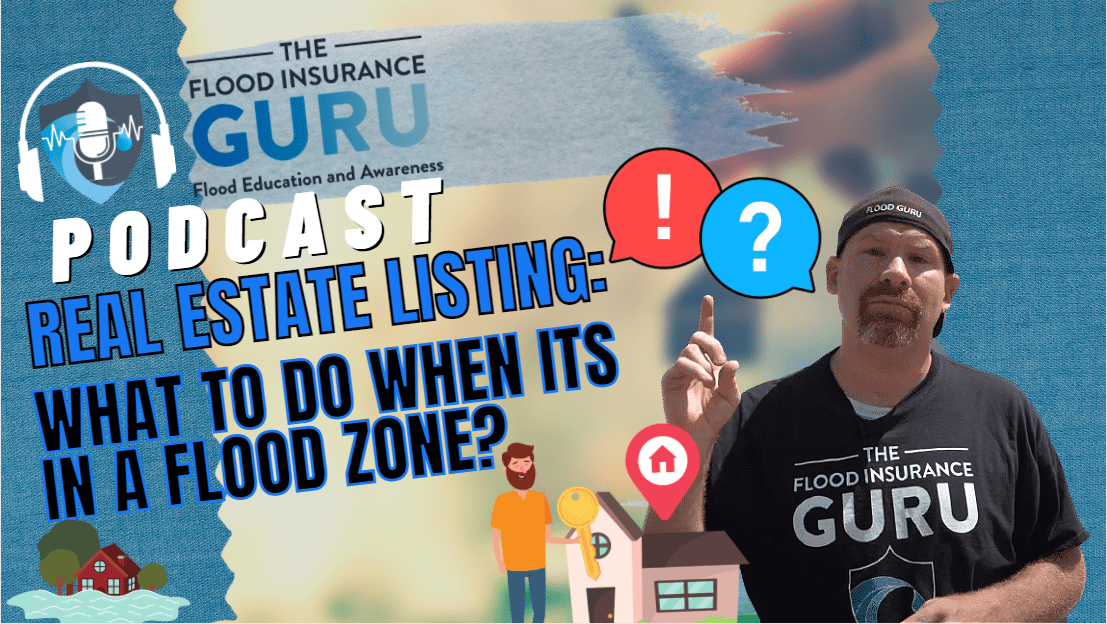
Verify the Flood Zone
This is the first step you should do when you have a listing is to check on your flood zone designation. You can do this in three different ways: the Federal Emergency Management Agency (FEMA) map service, checking with a local lender, and checking with a local insurance agent. The reason why you should do this is because the verifications will be done by third-party services. So, you want to make sure that they're going to be accurate with your flood zone for the property since there are cases where it will show that you're in a high-risk flood zone when in fact you're in a low-risk flood zone. You can also do this on our website, Flood Insurance Guru where we do these flood zone determinations for you as well.
We just want to make sure that in this first step, you won't be wasting time on securing your flood zone since it's going to be a different story if you were able to determine that you really are in a high-risk area. You can also reach to some private flood risk assessors or independent flood determination to make sure that you really have the correct flood zone.
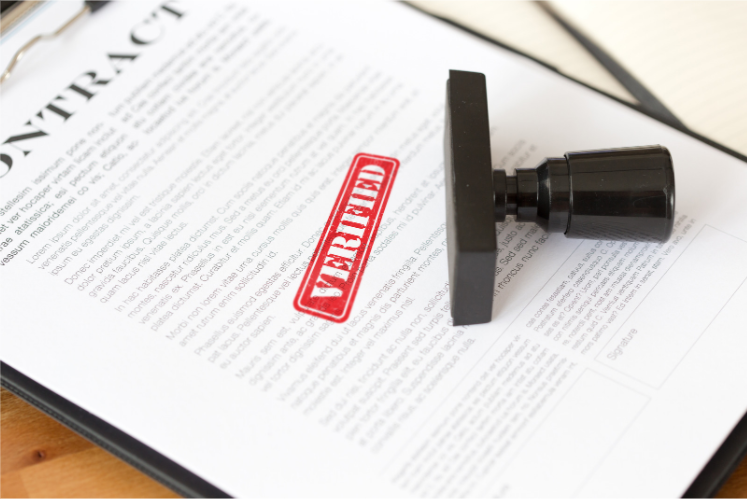
Verify the Flood Insurance
Now, let's say the property really is in a high-risk area. You should first verify with the previous homeowner if they have an existing policy on the house. This way, you can know where the flood insurance for the property will be coming from the National Flood Insurance Program under FEMA and the federal government, or the private market. If they don't, then you should find out why. Is it because they don't have a mortgage? These are just a few fact-finding steps you want to start with when you're doing that listing for the property.
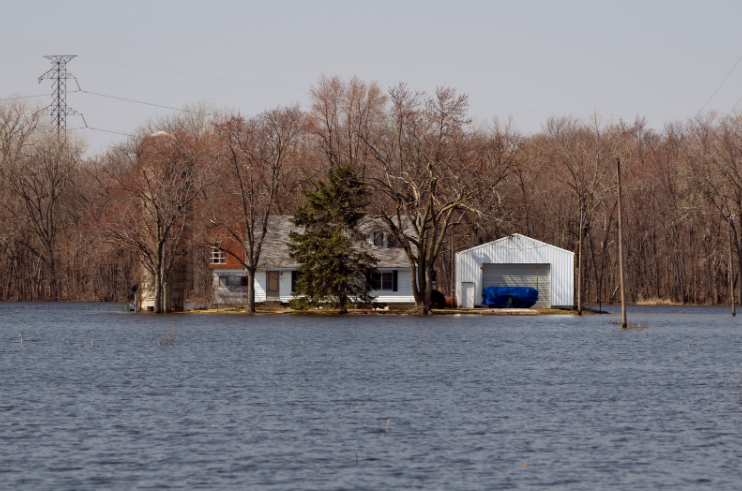
Let's say that the property is under the National Flood Insurance Program (NFIP). This means that the policy is transferrable to the buyer or the next owner. Policy transfer can mean that the buyer won't have to pay anything for the flood policy since the previous homeowner already paid for it. This is good for the property that's in a high-risk area.
However, if this is a private flood insurance policy or through a mortgage company then the policy transfer may not be available. This means that the next homeowner will have to secure different flood insurance for their new home.
Verify Flood Losses
Now, it's important that you get to be informed when it comes to the losses due to flooding on this property. You might want to ask did the property experience flood loss, how much did it cost, and things like that. You can actually do this by going through OpenFEMA on their website to check for the actual losses on this listing. This can give you a rough estimate of the flooding history of the property and its impact. You can also see how many flood mitigation efforts were made to improve the property.
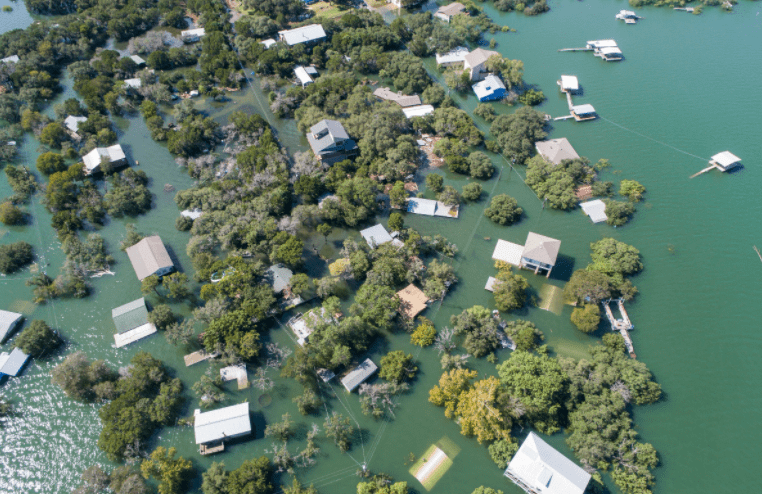
Verify the Land and Property Flood Zone
The last thing you want to make sure that you get verified is the flood zone of the land and the home itself. Now, it's important to note that FEMA does federal flood maps and flood zones based on what's called parcels. This means that the house might be determined to be in a low-risk flood zone, but the area is in a higher-risk flood zone which may be because the property is way above the base flood elevation in the area.
If this is the case on your listing then you can actually have the overall property removed from the higher-risk flood zone which can really help you in both resell value, cost of flood insurance rates, flood insurance premiums, and listing value.
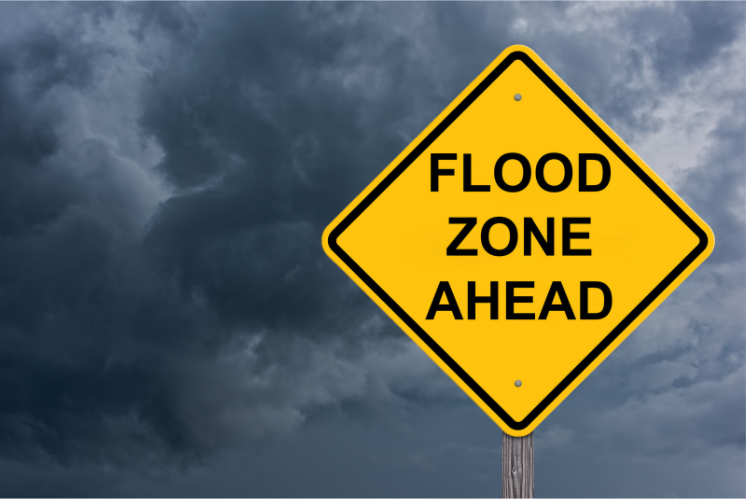
Now, these are just a few things you need to really consider when doing a real estate listing. It's equally important to know this for your buyer since their flood insurance options are limited to what loan they have at the time of writing. If they're doing a Federal Housing Administration (FHA) loan with their mortgage company and the property's in a high-risk flood zone then they're going to be required to carry an elevation certificate with the property.
It's important to note at the end of the day that these properties have different flood insurance costs. We want to make sure that our potential buyers in real estate transactions get the best deal from us and make sure that they're safe in the place you once called home.
Remember, we have an educational background in flood risk mitigation and we want to share this with you, so if you have any questions on your listing, flood insurance options, insurance claims, flood insurance expenses, or anything about flood, feel free to reach out to us through the links below or watch our daily flood education videos over at our YouTube channel.




